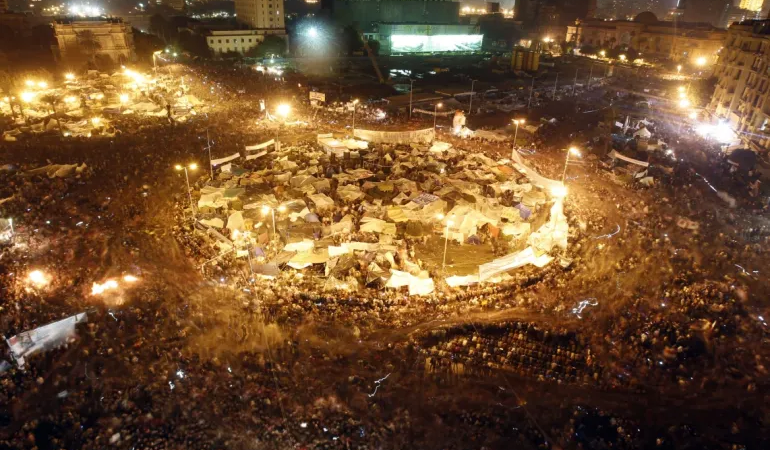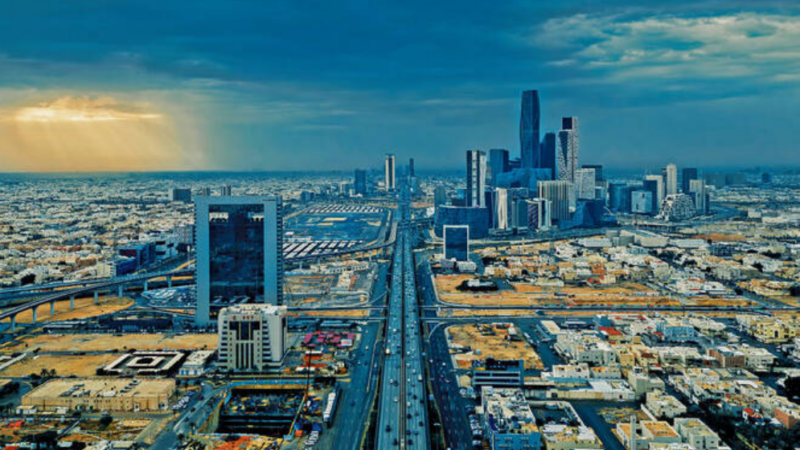Gaza’s Future Ignites Arab Feud? Why Qatar Is At War With Saudi Arabia, UAE

Riyadh and Abu Dhabi see Gaza’s reconstruction as a test of power and control, while Doha pushes for immediate aid.
The fight over Gaza’s future is now unfolding not between Israel and its neighbours, but among the Arab states themselves. What began as a debate over reconstruction has turned into a power contest between Saudi Arabia, the United Arab Emirates and Qatar – three countries whose interests in the strip could not be more different.
Saudi Arabia and the UAE see the ruins of Gaza as more than a humanitarian challenge. They view it as an opportunity to reshape the balance of power in the Middle East. Both have made it clear that no money will flow unless Hamas lays down its weapons and a new and legitimate administration takes charge. Until then, not a single dollar will be invested in rebuilding the enclave.
Qatar, meanwhile, has chosen a different path. It presents itself as Gaza’s caretaker. The country fed, sheltered and spoke for the people of the war-torn strip when the world looked away. Officials in Doha have called for immediate reconstruction and humanitarian relief, arguing that every day of delay deepens human suffering and increases instability in the region. Qatar’s long relationship with Hamas and its efforts to remain in Washington’s good books shape this stance.
For Saudi Arabia and the UAE, however, this is not just about aid. They are wary of pouring billions into a territory that could collapse into war again at any time. Public opinion inside both countries also plays a role. In recent surveys, many Saudis and Emiratis described Hamas as an extremist group responsible for turmoil, not resistance. That mood has made Riyadh and Abu Dhabi even more cautious.
Saudi officials have stated that reconstruction funds will only be released once control of Gaza passes to the Palestinian Authority or another body recognised under international law. The UAE, which already plays a visible role in humanitarian operations, has signalled that it might join a multinational security mission in Gaza, but only if Hamas surrenders its weapons. Abu Dhabi also wants reforms within the Palestinian Authority, seeking a greater say in how it operates.
Qatar’s role complicates this equation. For years, Doha has hosted Hamas leaders and mediated ceasefire talks between Israel and the group. It now fears losing that influence. Qatari diplomats insist that rebuilding Gaza’s infrastructure cannot wait. They argue that delays will only push the region toward greater chaos. Their stance has won appreciation in Washington, where some officials view the country as a useful mediator. Even Israel, despite its deep mistrust, has not fully ruled out Doha’s participation.
But Riyadh and Abu Dhabi are not convinced. They believe that Qatar’s approach would only strengthen Hamas and breathe life back into a force they want dismantled. That disagreement was visible when Saudi and Emirati envoys skipped the recent summit in Egypt’s Sharm el-Sheikh.
The divide is now unmistakable. Once the symbol of Arab unity against Israel, Gaza has become a mirror of Arab disunity. And as its people wait for help, the question that lingers is whether any middle ground can still be found or whether Gaza’s fate will remain trapped in the rivalries of those who claim to want to save it.






